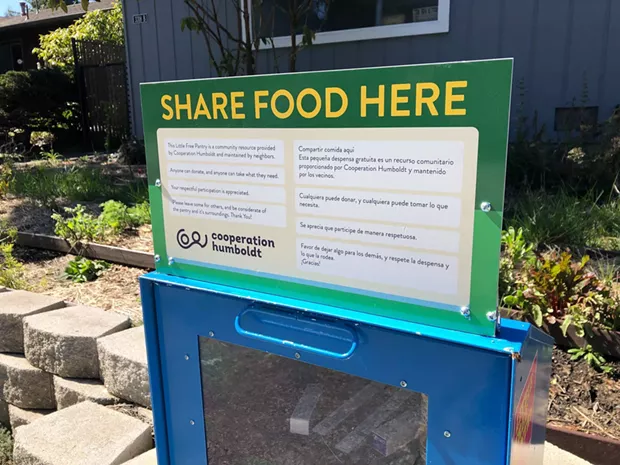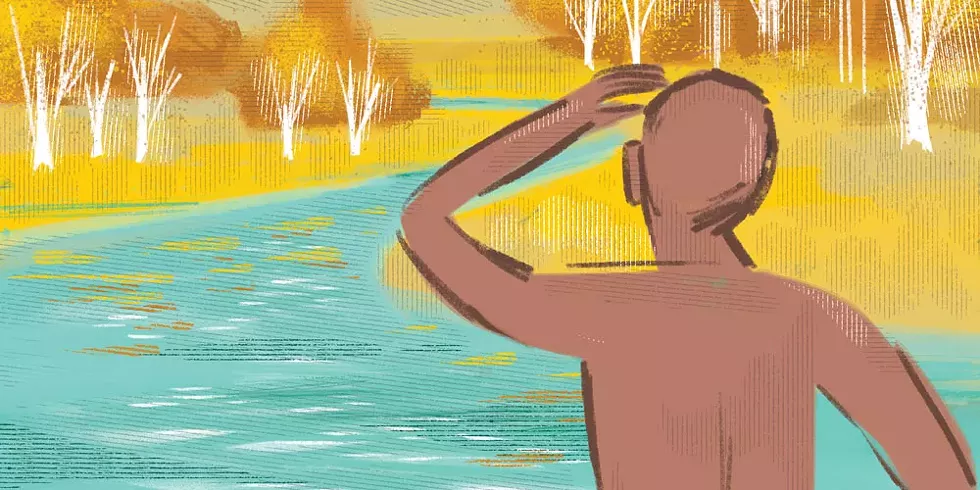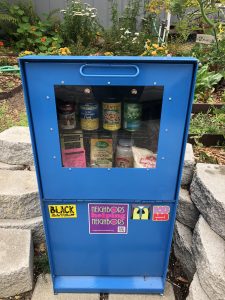A North Coast Journal opinion piece by Tamara McFarland, published 9/1/2022
Progress often provokes a vicious response from those who wish to maintain the status quo. Much as the election of this country’s first Black president fueled the retaliatory rage of right wing white supremacists, leading to Trump’s election and an increase in racist attacks, it is clear that the progress this community has made toward acknowledging the Wiyot peoples’ rightful place on this land and in leadership is now provoking the anger of those who have become accustomed to holding power for generations — namely, wealthy landowners and developers.
It was particularly breathtaking to view two stories side by side in last week’s issue. How jarring to transition from a beautiful tale of care for land and community guided by love and respect (“Wiyot Tribe Reclaims Mouralherwaqh”) — which ended on a beautiful note with Wiyot tribal Chair Ted Hernandez saying, “This is how we make change in today’s world. We’re going to bring the beauty back.” — straight into an account of vitriolic anger, cultural insensitivity and shocking entitlement by a public representative on the next page (“Broken Trust”).
Alan Bongio’s behavior demonstrates his unsuitability for his positions on the Humboldt County Planning Commission and the Humboldt Community Services District Board of Directors. Bongio’s racist rhetoric and unwillingness to work respectfully with local sovereign tribes and their representatives flatly disqualifies him from any form of public service — now and into the future. Citizens of conscience must call for his immediate removal from any position of power to prevent further damage.
If it wasn’t sad, it would almost be funny how accurately Alan Bongio and his cronies embody the stereotypical image of wealthy landowners who feel threatened by any challenge to their perceived authority — especially when that challenge comes as a result of the strength, wisdom and power of our Indigenous neighbors. This entire debacle stems from local developer Travis Schneider’s multiple blatant violations of his coastal development permit during the course of construction of his 8,000 square foot mansion alongside sensitive habitat and Wiyot cultural resources. In response to the resulting stop work order, Schneider, Bongio and their allies employed every trick in the oppressor’s bag — from fear mongering to histrionics (cue description of “tears roll[ing] down [Schneider’s] children’s faces”); from disappearing/denying the presence of tribal representatives at the meeting to name-calling and pitting one tribal entity against another. Bongio’s tantrum at having the privilege of the developer class called into question by the California Coastal Commission and local tribes on the basis of completely legitimate concerns was best summed up by his parting words: “That was a waste of my fucking time.” Classy.
This pattern has become all too familiar, with current events reminiscent of Rob Arkley’s reaction back in 2017 to the city of Eureka’s groundbreaking decision to return Tuluwat Island to the Wiyot Tribe (“Resisting Reparations,” Sept. 7, 2017). Rather than viewing this historic act as one of healing and appropriate reparations, Arkley whined about the loss of Eurekans’ “right to simply walk on the property at our whim,” — as if the loss of that privilege was in any way comparable to the generational trauma suffered by the Wiyot people as a result of the genocide and systemic racism they have endured.
As more of us become aware of the ways that colonization, white supremacy and patriarchy have damaged every element of life surrounding (and within) us, and we begin to look for true solutions, these attitudes and actions by the wealthy elite are wearing thin, and their overt racism is becoming clearer to even the untrained eye. We see who they are, and we see what they really think and feel. Now the question is what will we do about it? How will we act to uphold the Wiyot Tribe as the original and rightful caretakers of this place? What will we do to protect our beautiful home lands and waters for future generations and our more-than-human relations?
I suggest that (a) we honor the wisdom of those who have stewarded this region since time immemorial, (b) those of us descended from colonizers pay a voluntary Wiyot honor tax and (c) those of us who currently own/occupy unceded Indigenous lands make plans to return those lands to the original inhabitants of our region. Land return doesn’t mean you have to be displaced — you can make plans through your estate to have land returned upon your death, or you can return it now and retain occupancy rights for your lifetime.
We must continue to challenge and inspire one another with compassionate action and deep discourse, and to call out racism, inequality and misogyny (both overt and covert) whenever and wherever they appear.
Tamara McFarland is a daughter, mother, wife, community organizer and lifelong resident of Jaroujiji (the Soulatluk/Wiyot word for Eureka, California).
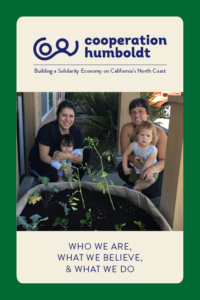


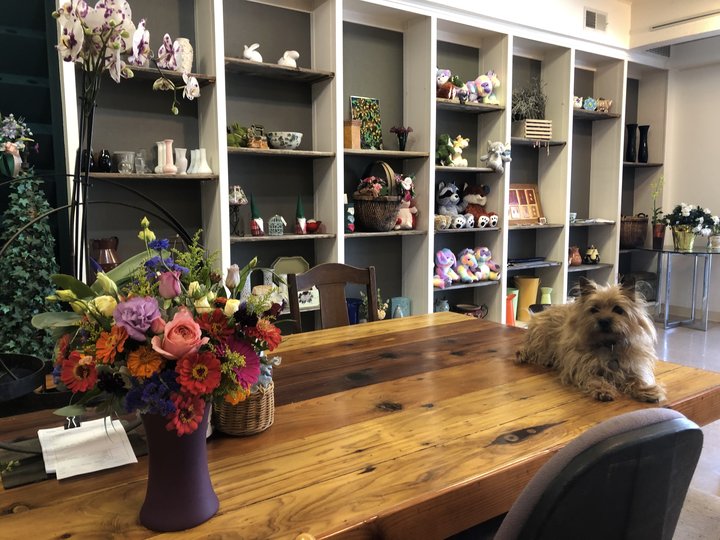
 The average size of a new house in the United States has doubled since 1960, while the average number of household members has dropped from 3.3 in 1960 to 2.6 today. As our physical footprint per-capita has risen, so too have our nation’s carbon emissions and our rates of social isolation.
The average size of a new house in the United States has doubled since 1960, while the average number of household members has dropped from 3.3 in 1960 to 2.6 today. As our physical footprint per-capita has risen, so too have our nation’s carbon emissions and our rates of social isolation.
